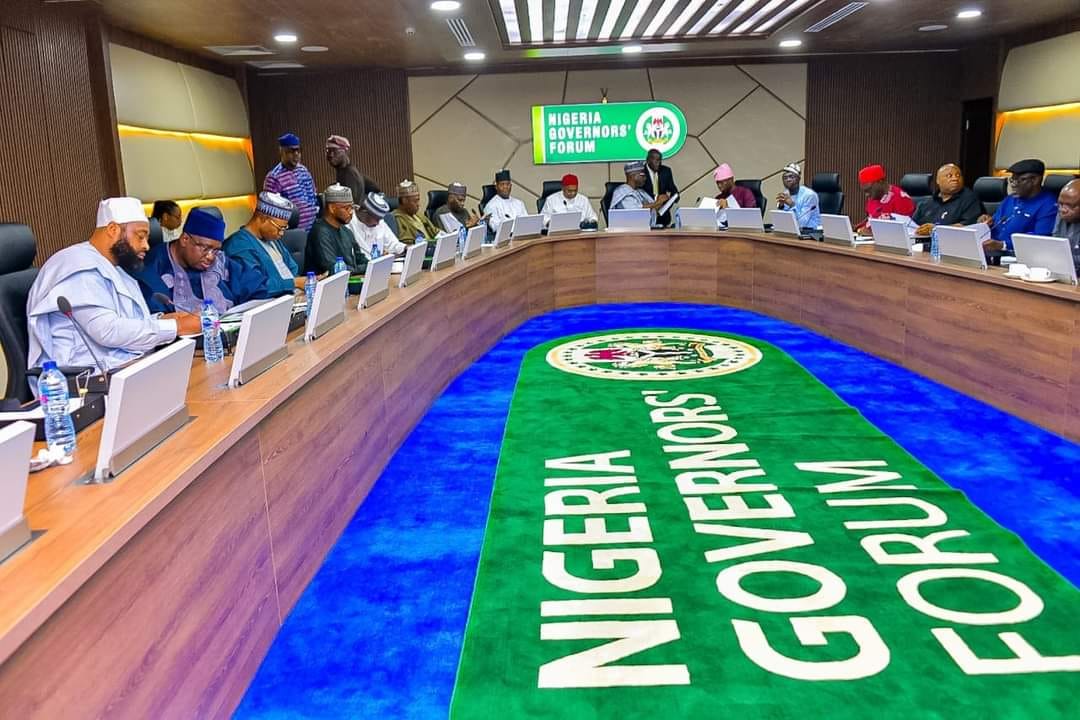Emma Okonji
The Centre for Public Sector Governance (CPSG), chaired by the Board Chairman, MTN Nigeria, Dr. Ernest Ndukwe, yesterday, had its first virtual Public Sector Director’s Symposium, where it urged the federal government to strengthen the public sector boards for accountability and transparency that would earn public trust.
Participants and speakers at the symposium themed: ‘Reimagining Public Sector Boards: Global Insights for Africa’s Transformation’, called for a change in orientation of the system, where the public sector boards in Nigeria are managed through the political process, thereby denying real technocrats with relevant skills, the opportunity to serve in public sector boards.
They called on CPSG to help persuade the political class and decision makers to change the orientation so that the best people can serve on public sector boards.
The first speaker, Dr. Femi Ogunrinde, who is an international governance architect, based in Canada, stressed the need for the integration of younger people that are showing promising signs and educating them on public sector governance.
He also spoke about the need to appoint public sector board members on merit and in a most transparent way.
“I understand how the Nigerian political system operates and it has been so for several years, but I have a great hope for this country called Nigeria. It will change.
It cannot continue to be what it is right now,” Ogunrinde said.
The second speaker, and Chairman, Governing Council, Pan Atlantic University, Lekki, Lagos, Mr. Odein Ajumogobia (SAN), spoke on the need to strengthen Nigeria’s public sector board as a pathway to Africa’s future.
According to him, “We’ve imagined transformation, we’ve imagined accountability, we’ve imagined efficiency, but for the most part, what we’ve imagined hasn’t quite matched what we’ve implemented or what we are experiencing as citizens on the African continent. Across Africa, public boards were designed to be the engines of accountability and performance, the guardians of public interest, and the strategic compass for public enterprises.”
He however said in Nigeria, people are standing at a defining moment, with over 1.5 million citizens, huge resources, natural resources, and one of the world’s most vibrant youth populations, and therefore called for a shift from boards that sit to boards that steer leadership.
Every nation’s progress rests on the strength of its institutions, and the strength of institutions depends on how they are governed. Nigeria must raise boards that develop strong institutions and a strong nation, Ajumogobia said, adding that boards are the custodians of strong public institutions.
They set direction, ensure accountability, and protect the public interest. When boards work well, institutions deliver. Good governance is therefore not a luxury, it’s a national infrastructure. It’s as critical as roads, ports, and electricity, he further said. He gave examples of countries like Canada, New Zealand and Singapore, where public sector governance is well practiced.
Highlight of the symposium was the launch of the Journal of Public Sector Governance, designed for professionals and the academics.


